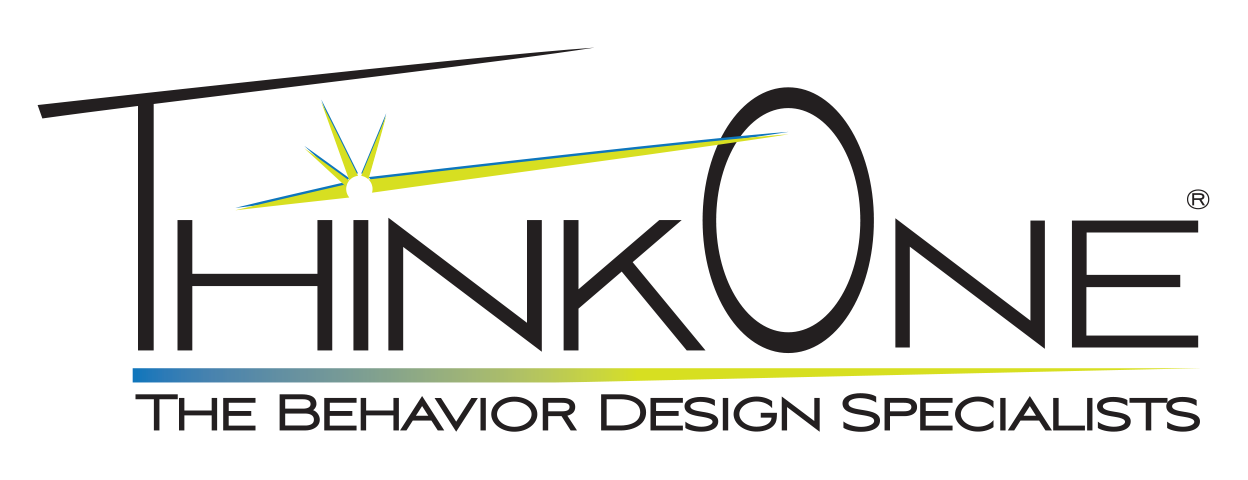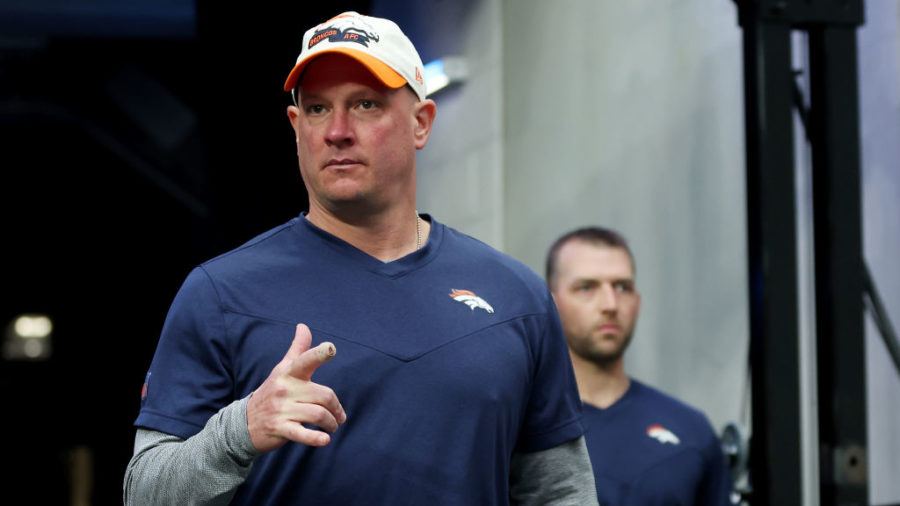When most performers (all of us) hear the word “psychology,” we tend to get a bit closed off to being analyzed or told how to think, feel and/or behave. However, in the modern world of performance, there is an exploding division of psychology called “performance psychology” (PP). PP is a myriad of mental coaching, executive development, mind-body philosophies and sport psychology.
Often players, coaches or other clients will call me a “sport psychologist,” but that is inaccurate. Simply put, it is too limiting of a scope for what I do. I work with school principals, pilots, surgeons, judges, attorneys, and engineers to name a few. Was I the Broncos team psychologist in 2015 when we won the super-bowl? Yes. And have I worked for the Dolphins, Browns, 49ers, Nuggets, Rockies, etc.? Absolutely. And I am very proud of that work. However, I work with a much broader base of clients that’s literally includes anyone who has a brain and autonomic nervous system; in other words, everyone.
Regardless of your occupation, profession and or mission, a PP cannot only help you reach your goals, but will tech you techniques, practices and protocols of how to reach your objectives. They will further define how process goals are more foundational to peak performance than outcome goals which the western modern world tends to focus on.
Think about it: People ask how many points you scored, how many goals, tackles, and catches etc. However, research shows that when we focus on outcome goals our autonomic nervous system automatically ignites the sympathetic side which is where anxiety and stress live. Conversely, when I focus on process goals, I tend to live on the para-sympathetic side of the autonomic nervous system.
The reason for these two distinct sides of our nervous system being triggered is a profoundly simple yet powerful assertion: When one focuses on outcome goals, I do not have 100% control of my outcome due to many variables like depending on teammates, weather, referees etc. However, when I focus on process goals, like footwork and technique for athletes, protocols, mental preparation and/or studying for an exam for everyday people, I do have 100% control of these actions. Further, when I know I have 100% control over something, anxiety goes down and I am living on the para-sympathetic side which is calm and relaxed. When I focus on outcome goals which I don’t have 100% control of, yes, you guessed it, anxiety goes up and now I am existing on the sympathetic side which is where anxiety and stress live.
Recently, the Broncos have not performed to expectations of many in the region. Personally, I am on record in May saying I would not be surprised if the Broncos finished around the .500 mark. The reason for my assertion is that winning is a symptom not an outcome like so many assert. In fact, when a team is process-oriented from top to bottom, meaning the team has a culture by design of process from ownership, executive vice president, GM, coaches and players, and they are all in lock-step with each other, then, they have a culture by design and teach and preach it every day. Unfortunately most teams in the NFL have a culture by default which means all those levels are not in step with each others daily vision and mission. However, only about four or five teams in the NFL have a culture by design which is implausible to say the least.
Finally, the future of individual, group and organizational (athletic teams) performance is having a PP come in and designing a culture by design instead of operating from a culture by default like so many do. Dr P and his award winning staff are available here in Greenwood Village so you and your children can reach your true potential from the neck up.
Trust the process! Dr. P

